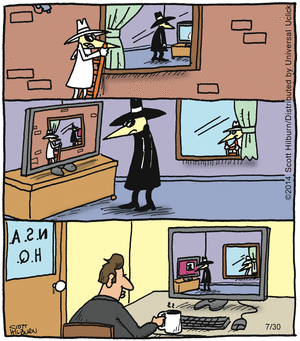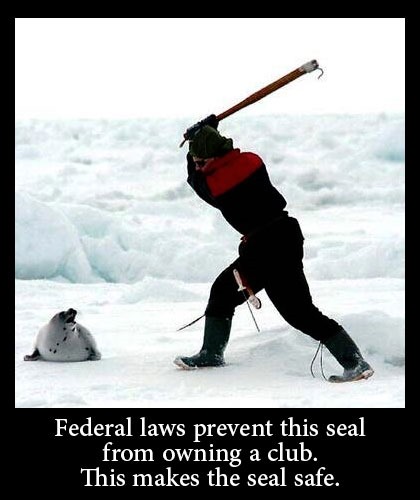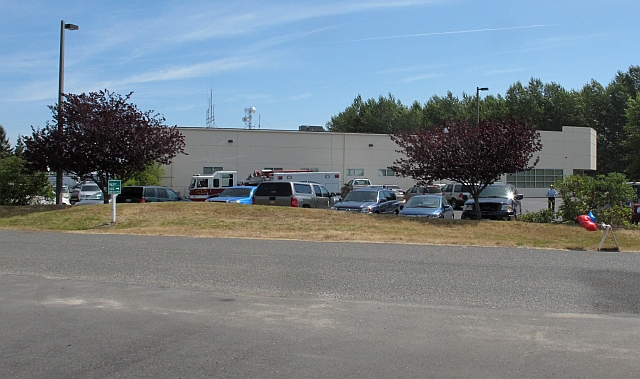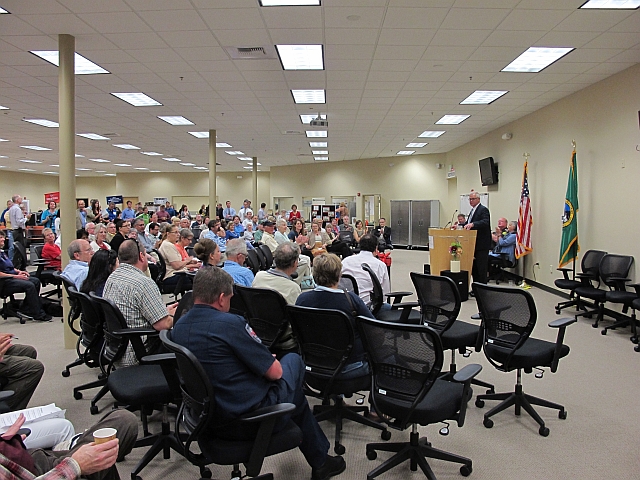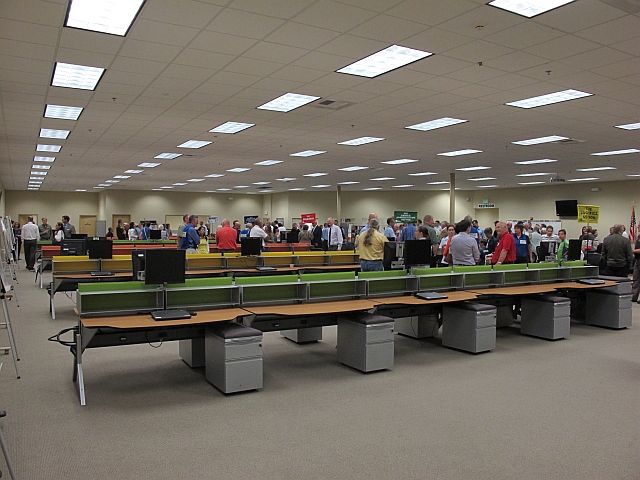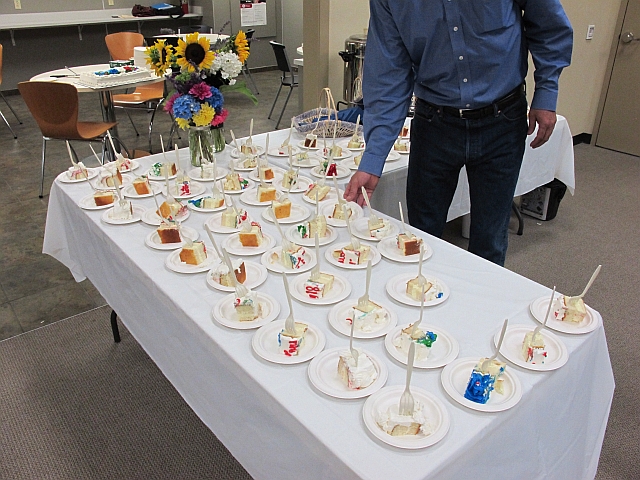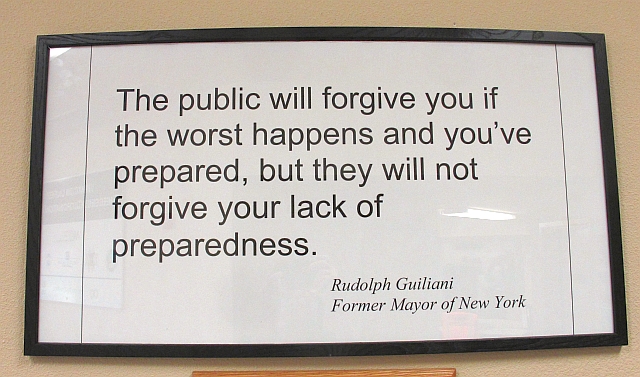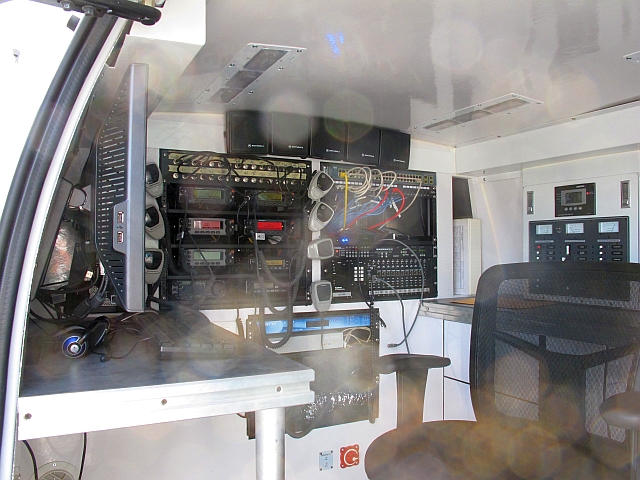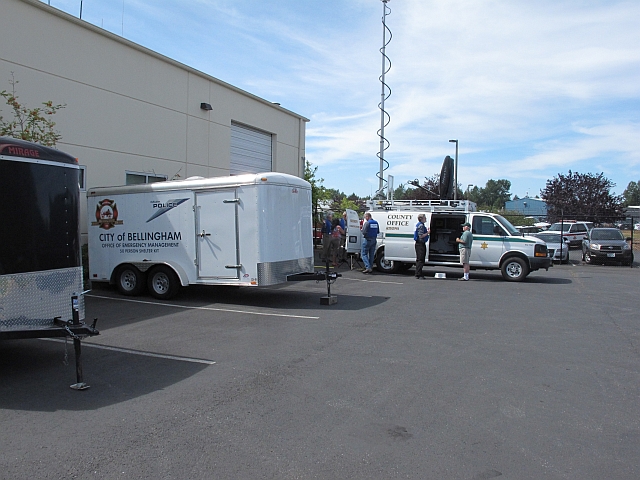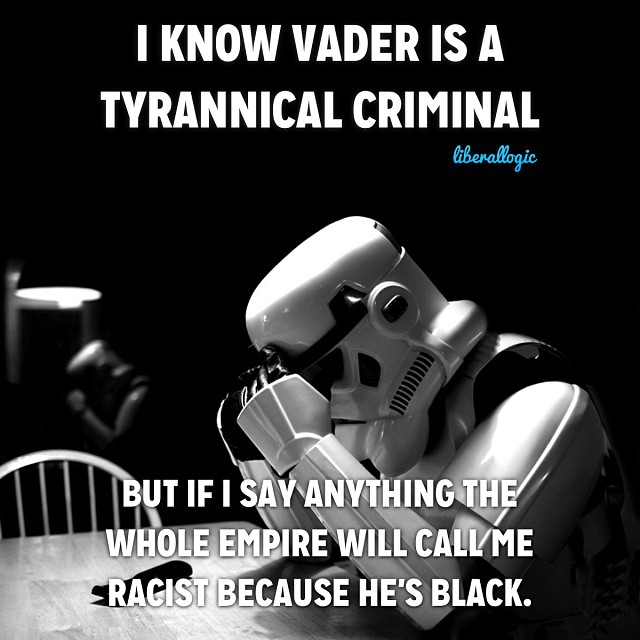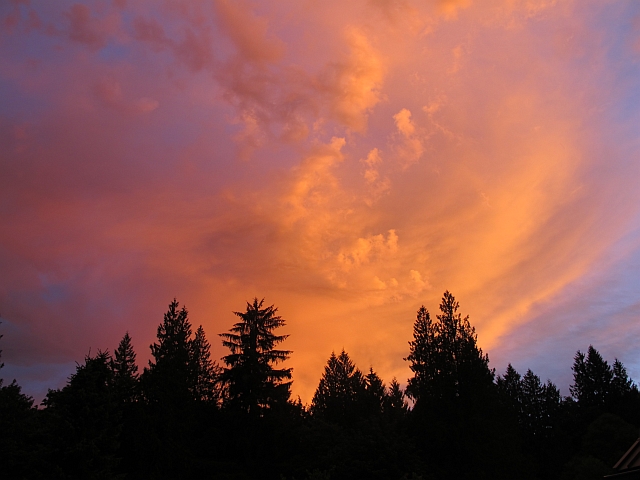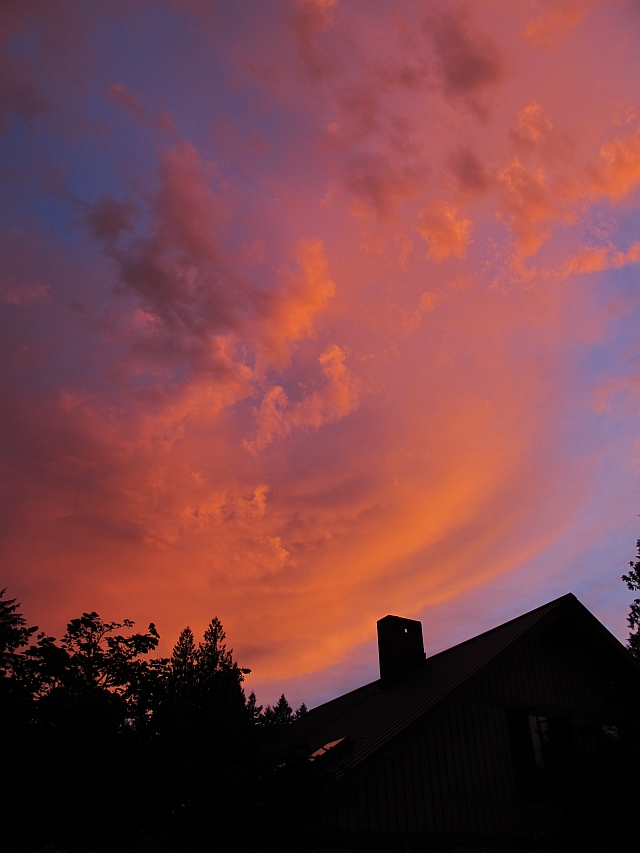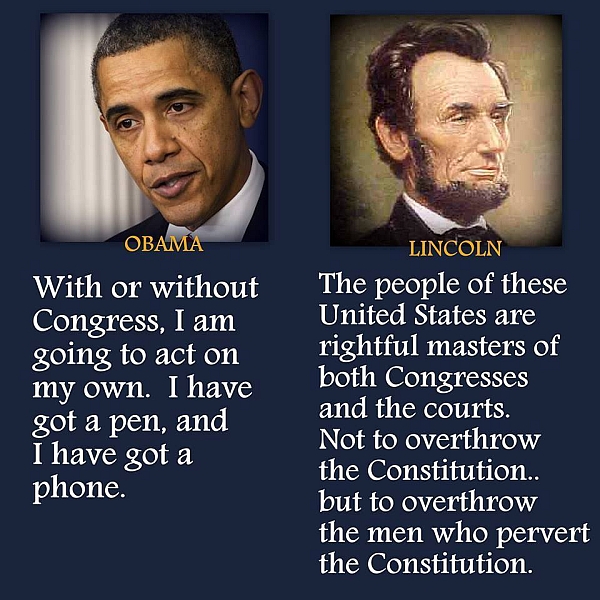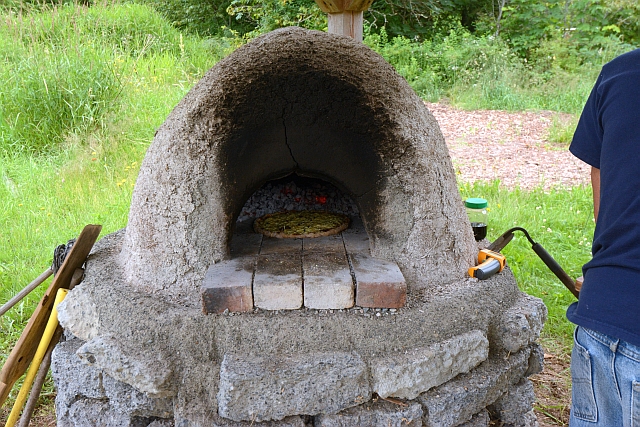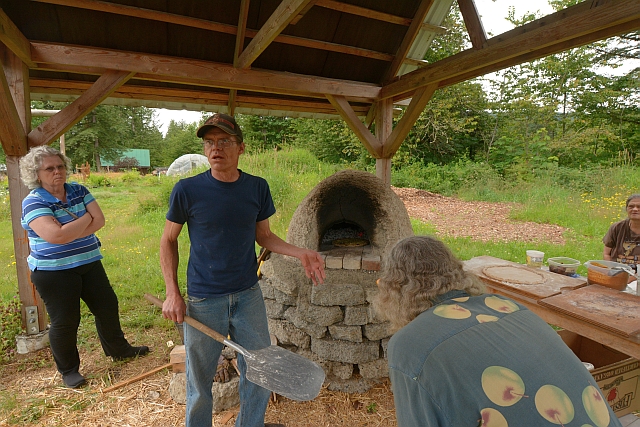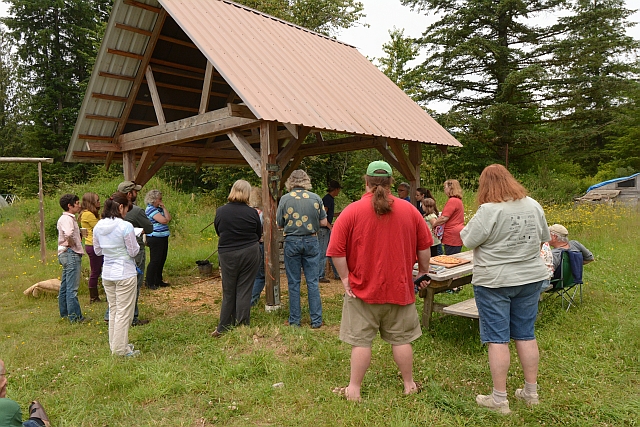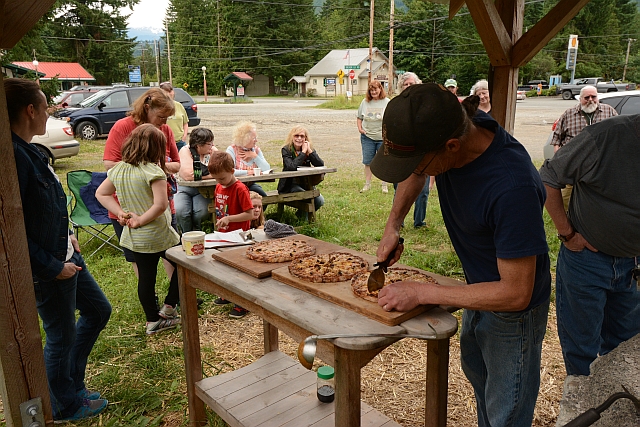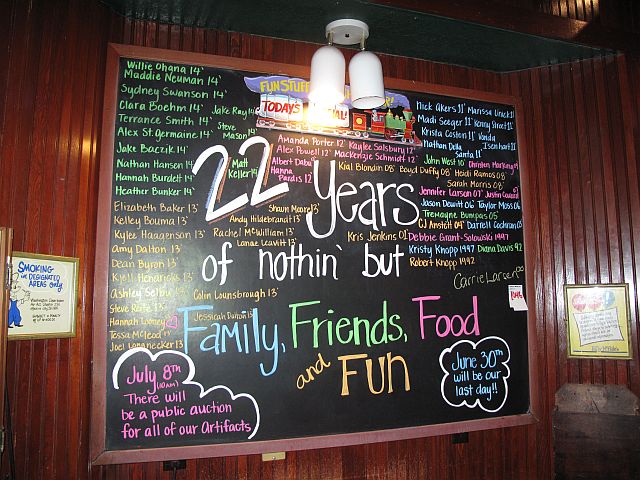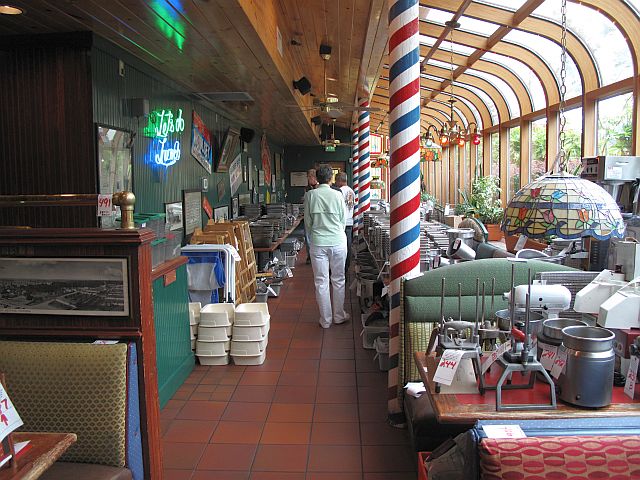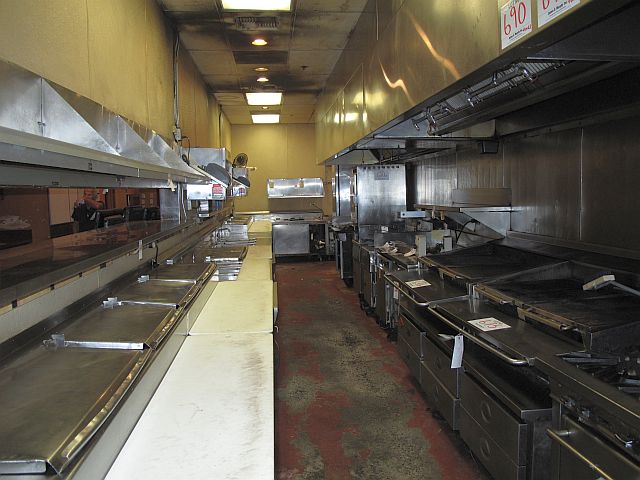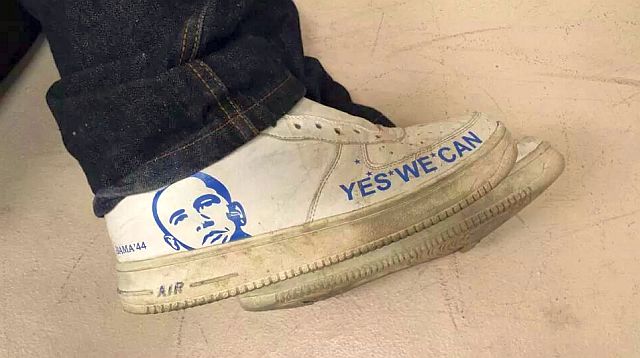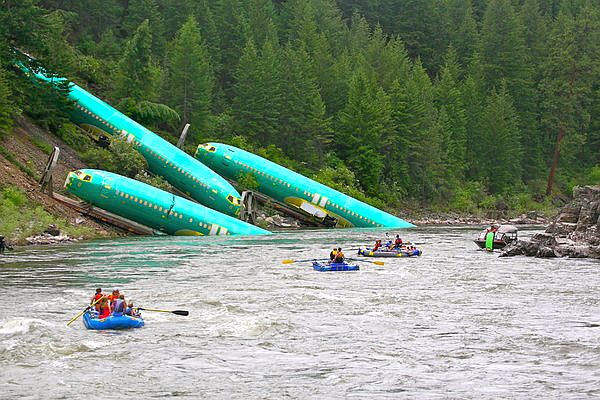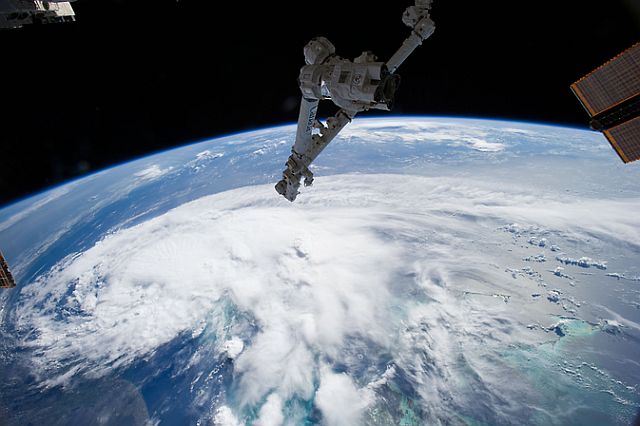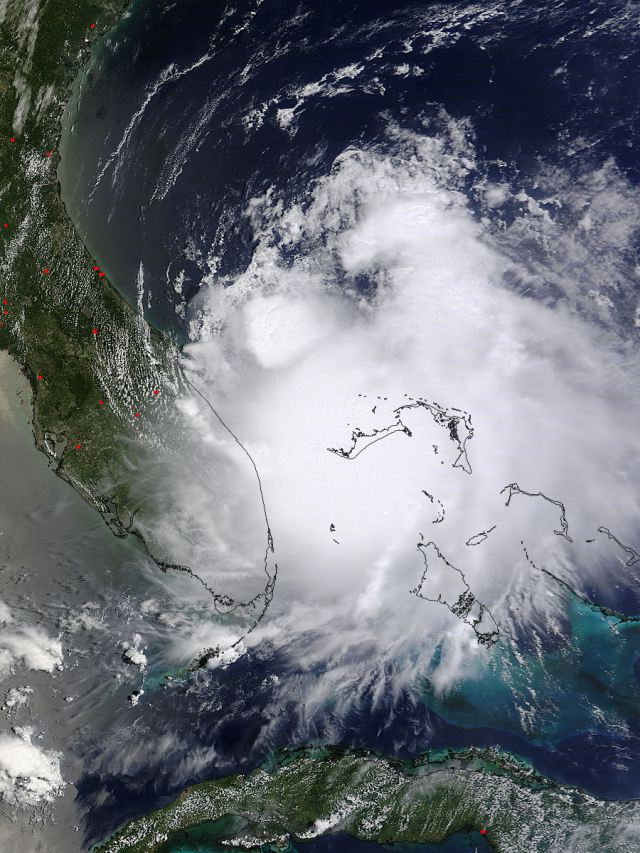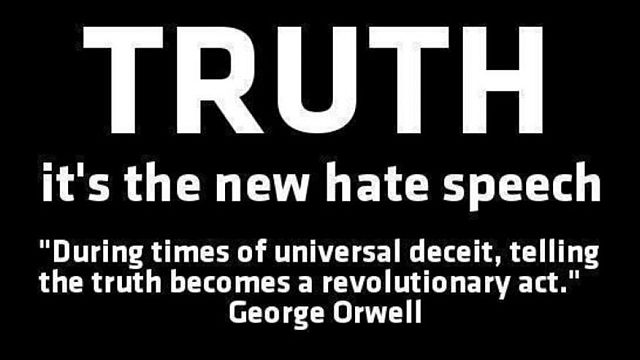From this Google Cache of his article at the Wall Street Journal:
The Trouble Isn't Liberals. It's Progressives
Social conservatives. Libertarians. Country-club conservatives. Tea party conservatives. Everybody in politics knows that those sets of people who usually vote Republican cannot be arrayed in a continuum from moderately conservative to extremely conservative. They are on different political planes. They usually have just enough in common to vote for the same candidate.
Why then do we still talk about the left in terms of a continuum from moderately liberal to extremely liberal? Divisions have been occurring on the left that mirror the divisions on the right. Different segments of the left are now on different planes.
A few weeks ago, I was thrown into a situation where I shared drinks and dinner with two men who have held high positions in Democratic administrations. Both men are lifelong liberals. There's nothing "moderate" about their liberalism. But as the pleasant evening wore on (we knew that there was no point in trying to change anyone's opinion on anything), I was struck by how little their politics have to do with other elements of the left.
Their liberalism has nothing in common with the political mind-set that wants right-of-center speakers kept off college campuses, rationalizes the forced resignation of a CEO who opposes gay marriage, or thinks George F. Will should be fired for writing a column disagreeable to that mind-set. It has nothing to do with executive orders unilaterally disregarding large chunks of legislation signed into law or with using the IRS as a political weapon. My companions are on a different political plane from those on the left with that outlook—the progressive mind-set.
Some more - the origin of the progressives:
Wait, doesn't "progressive" today reflect the spirit of the Progressive Era a century ago, when the country benefited from the righteous efforts of muckrakers and others who fought big-city political bosses, attacked business monopolies and promoted Good Government?
The era was partly about that. But philosophically, the progressive movement at the turn of the 20th century had roots in German philosophy ( Hegel and Nietzsche were big favorites) and German public administration ( Woodrow Wilson's open reverence for Bismarck was typical among progressives). To simplify, progressive intellectuals were passionate advocates of rule by disinterested experts led by a strong unifying leader. They were in favor of using the state to mold social institutions in the interests of the collective. They thought that individualism and the Constitution were both outmoded.
That's not a description that Woodrow Wilson or the other leading progressive intellectuals would have argued with. They openly said it themselves.
It is that core philosophy extolling the urge to mold society that still animates progressives today—a mind-set that produces the shutdown of debate and growing intolerance that we are witnessing in today's America. Such thinking on the left also is behind the rationales for indulging President Obama in his anti-Constitutional use of executive power. If you want substantiation for what I'm saying, read Jonah Goldberg's 2008 book "Liberal Fascism," an erudite and closely argued exposition of American progressivism and its subsequent effects on liberalism. The title is all too accurate.
Dr. Murray gets it. If John Fitzgerald Kennedy were running today, I would vote for him in a heartbeat. Both parties have become impotent and corrupt.
Kennedy's Inaugural Address still stands strong:
Vice President Johnson, Mr. Speaker, Mr. Chief Justice, President Eisenhower, Vice President Nixon, President Truman, reverend clergy, fellow citizens, we observe today not a victory of party, but a celebration of freedom—symbolizing an end, as well as a beginning—signifying renewal, as well as change. For I have sworn before you and Almighty God the same solemn oath our forebears prescribed nearly a century and three quarters ago.
The world is very different now. For man holds in his mortal hands the power to abolish all forms of human poverty and all forms of human life. And yet the same revolutionary beliefs for which our forebears fought are still at issue around the globe—the belief that the rights of man come not from the generosity of the state, but from the hand of God.
We dare not forget today that we are the heirs of that first revolution. Let the word go forth from this time and place, to friend and foe alike, that the torch has been passed to a new generation of Americans—born in this century, tempered by war, disciplined by a hard and bitter peace, proud of our ancient heritage—and unwilling to witness or permit the slow undoing of those human rights to which this Nation has always been committed, and to which we are committed today at home and around the world.
And he closed with these three paragraphs:
And so, my fellow Americans: ask not what your country can do for you—ask what you can do for your country.
My fellow citizens of the world: ask not what America will do for you, but what together we can do for the freedom of man.
Finally, whether you are citizens of America or citizens of the world, ask of us the same high standards of strength and sacrifice which we ask of you. With a good conscience our only sure reward, with history the final judge of our deeds, let us go forth to lead the land we love, asking His blessing and His help, but knowing that here on earth God's work must truly be our own.

